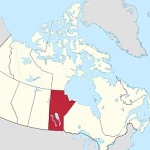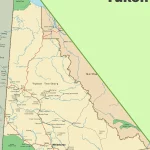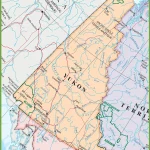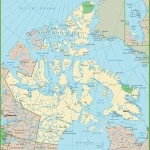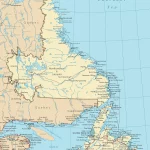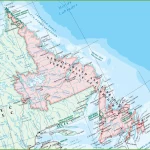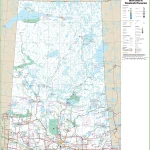With its vast land area, diverse natural landscapes, and abundant water resources, Canada is known for its significant freshwater reserves, vital to sustaining agriculture, industry, and human populations across the country. Canada has been recognized as one of the world’s wealthiest nations regarding freshwater resources, boasting an impressive 9% of the world’s renewable water supply.
This water supply, which comes from numerous lakes, rivers, and groundwater sources, provides a critical source of drinking water for millions of Canadians and plays a crucial role in supporting a wide range of economic activities, from fishing and forestry to mining and energy production. Moreover, Canada’s freshwater resources are often regarded as some of the cleanest and most pristine in the world, making them particularly valuable for environmental conservation and ecological sustainability.
However, despite this abundance of water resources, Canada, like many countries worldwide, faces numerous water management and conservation challenges. Climate change, pollution, population growth, and other factors are increasing pressure on the country’s freshwater resources, emphasizing the need for innovative solutions and coordinated efforts to protect this precious resource for future generations.
